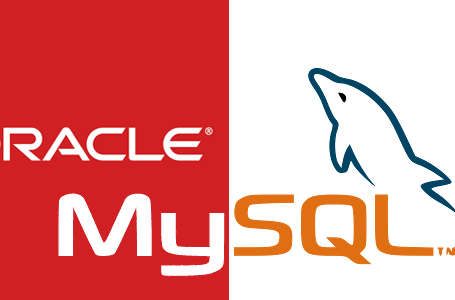I do a lot of consulting with startups and they usually come to me asking for a CTO who will be their chief coder and technical architect. They wonder if I am interested in that role and I usually have to disappoint them with an answer of “no”. This happens often enough that I think I will cover it over a number of posts from different angles.
Though I am the first to acknowledge that a technical company needs a heavy lifter and architect very early on, I am not always convinced that this role is really the CTO. Most of what a CTO does is work on strategy and direction with the executive team. This involves making decisions around money, product, technology and people. That is not coding, but any good CTO should have a background in technology that applies to the company’s field.
To put things another way, is the CFO a book-keeper? Of course not! Every company needs a bookkeeper, but you need to hit a certain size and complexity before the role of CFO makes sense. A controller would function for most small companies in managing the chart of accounts, working with the executive team on cash flow, and overseeing a bookkeeping periodically. Only when issues like financing, complex operations, or acquisitions come into play would it make sense to bring on a CFO. A strong business consultant would suffice for the early operations of a company to make sure strategic mistakes were not made.
Similarly, I believe that smaller companies need periodic consulting from a CTO (and that is the type of consulting I really enjoy). This leader can help shape decisions, coach the senior technical team and structure the dialog around process, people and technology. Once the company gains sufficient complexity, this role becomes a day-to-day concern and there is critical mass for a full time person.
First and foremost, the CTO is an executive. He or she should be working with the CEO, COO and high level product team to make sure all the decisions that fall under the jurisdiction of technology are in sync with the rest of the company. In smaller companies, the technology team may be the largest in terms of headcount, the largest in terms of budget and the most crucial executor of the roadmap. This places a large burden on the role of CTO and demands far more than technical skills. Those challenges are what makes the role of CTO so interesting and I plan on revisiting them often.
Next time you hear of a brand new startup looking for a CTO, they probably don’t realize they are not really looking for a CTO…yet.





